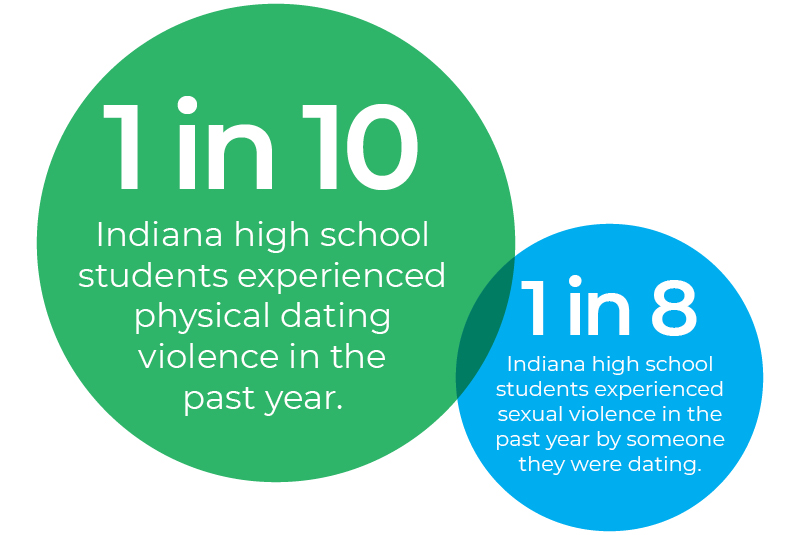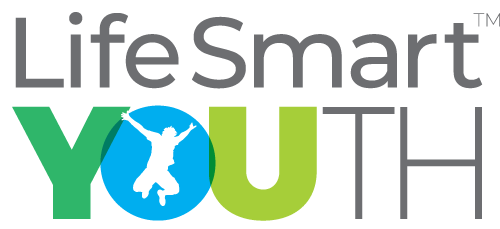It Starts With Respect
Romantic relationships are always a tricky business, but no more so than for pre-teens and teens who are still figuring out their bodies and hormones. The highs are higher and the lows are lower, and their developing maturity levels don’t always match up with each other or allow for adequate communication.
“Teens are often struggling with understanding what is and what isn’t okay. Mentioning that emotional abuse is just as serious as physical was good advice.”
It’s becoming increasingly important to discuss the characteristics of healthy relationships and dating habits with our kids—we can’t just assume they’ll figure it out on their own. Studies show that dating abuse can start as early as middle school and that 10% of Indiana high school students experienced physical violence in their dating relationships in the past year. As alarming as these statistics are, we can prevent teen dating violence—as well as dating violence beyond the teen years—by teaching our children what makes for happy, safe relationships.

CARE™
Our CARE™ program, Communicating with And Respecting Each other, helps teens learn how to communicate effectively in romantic relationships. Adapted from evidence-based program Relationship SMARTS™ and the findings of Harvard University’s study How Adults Can Promote Young People’s Healthy Relationships and Prevent Misogyny and Sexual Harassment, CARE addresses teen dating violence prevention and focuses on all dating relationships, whether they are impacted by violence or not. We teach essential interpersonal communication skills, including verbal and nonverbal communication, which are so important in this hi-tech age of cell phones and other digital devices. All class discussions are offered in a safe, nonjudgmental, co-ed environment, where students are respected and encouraged to ask questions freely.
What Students Learn:
8th Grade
Day 1: Healthy Relationships
- Identify the different types of relationships they are a part of, including family relationships, friendships, and romantic relationships
- Learn the difference between infatuation, attraction, and love
- Brainstorm aspects of healthy relationships and use them to describe how a healthy romantic relationship is built and maintained
Day 2: Consent
- Discuss the concept of consent and understand that consent is when both partners communicate an enthusiastic “yes”
- Learn to recognize characteristics of unsafe relationships
- Define and discuss sexual violence and learn appropriate courses of action to take if they or someone they know has been a victim of sexual violence
Day 3: Sexual Harassment
- Define and discuss sexual harassment and identify the different types of sexual harassment
- Understand how it feels to be a victim of sexual harassment, and how it feels to witness sexual harassment
- Learn the importance of reporting sexual harassment
Day 4: Healthy Communication: Words into Actions
- Discuss the importance of healthy communication
- Practice healthy communication in relationships
- Identify a personal relationship goal for the future
- Identify safe adults and key resources, including text lines and on-line apps to anonymously seek help

